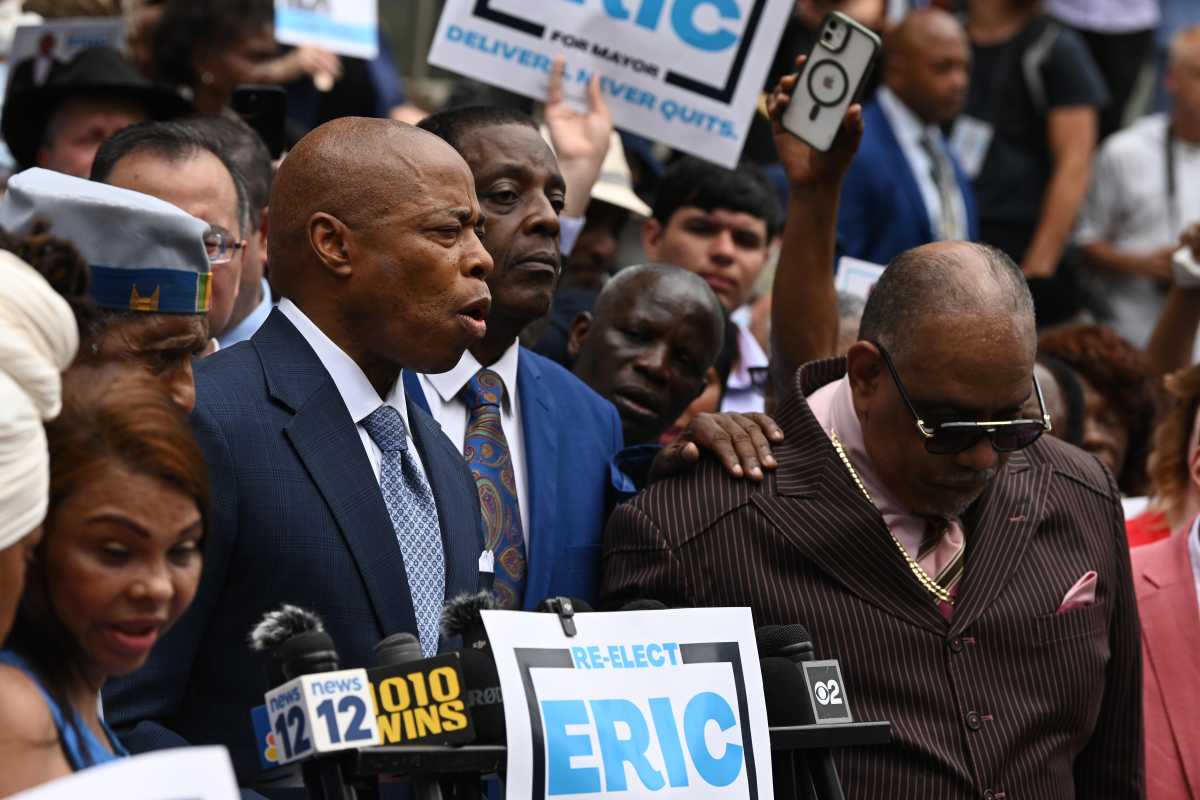There are some things we can readily identify as solid barometers of what “civil” society was meant to be. This 100th anniversary of the introduction of the federal income tax furnishes us with one of them. A recent Pew Research Center survey was reassuring in its finding that 71 percent of respondents believed Americans had a moral obligation to report income earned. By the same token, though, much of the gloss comes off that image of wholesomeness and doing the civic thing right when, again on the matter of taxes, a reported 258 Capitol Hill lawmakers remain signatories to the pledge Grover Norquist demanded of them, not to raise taxes. Safe to say Norquist must think he still has a pretty good ransom deal going.
The only redeeming value about the latter item is that the 258 members of the House and Senate could be dismissed as mere commodities for sale on the open market who therefore can’t hold a candle to a scientifically derived 71 percent of the population. The people, in other words, displaying a readiness for their designated role that puts to shame the sad, spineless conduct of their elected representatives. Not unlike the sickening tableau now unfolding on the gun control issue – the shame of better than 90 percent of the country favoring something (background checks) and some really noxious types in the Congress in open defiance of that reality.
Frankly, we would have thought there was enough of a hullabaloo over raising tax revenue during the “fiscal cliff” and “sequester” episodes for most of the Capitol Hill misfits still hog-tied by Norquist’s “enforcer” tactics to become emboldened enough to jettison his tax pledge demagoguery. That 258 of the 535 members of the House and Senate find validity or are sufficiently intimidated to subscribe to the town cry of a charlatan is sobering commentary on the descent of political representation into travesty.
Norquist famously declared that he wanted to shrink government down to a size that “it could be drowned in a bathtub.” It’s the kind of fist-pumping line guaranteed to get a rise out of a gathering of small-government believers. But it’s one thing revving up an audience of simpletons with rhetoric about “getting government off our backs” and other loaded appeals to crowd hysteria. It’s a whole other matter to reel in folks charged with lawmaking responsibility and have them, too, parroting nonsense about government having no right to the citizenry’s monetary contribution to facilitate the state’s proper functioning.
It’s incredulous that the merchandisers of this tripe can so effortlessly get some among the masses walking in lock step with the notion that there is precious little that a government has to do. How the full spectrum of government services impacting people’s lives somehow becomes, for some, a non-factor in society’s overall design is mind-boggling. One would tend to narrow the purveyors of this malarkey to those with malicious intent to mislead the gullible and others incomprehensibly trapped in some foggy existence. Whatever the breakdown among those pushing the anti-tax agenda, it’s comforting to know that it’s a view the average Joe doesn’t share – something borne out by the Pew study. Only 12 percent among those surveyed said they disliked paying taxes because they didn’t approve of how the government spent tax dollars.
Not unexpectedly, scapegoating gets into the picture somewhere. And in the diatribe about too much government, the scapegoat of choice is entitlements…which one can’t realistically examine absent the not-well-disguised class warfare inferences that attend it. An honest attempt at reforming government entitlements is hardly deserving of summary rejection, given today’s fiscal challenges. What’s not cool is what underlies the din from the right where “reform” in truth means gutting to the point of imperiling the well being of those on the lower rungs. It’s about folks indicating what, given the opportunity, they would do to those whose pushback is deemed to pose no threat. Some people in Britain may have been over-the-top coarse in their reaction to the passing of Margaret Thatcher, but their protest/celebration last week was basically a gut response to someone who dared to unapologetically present herself as no friend of the underclass.
Then there’s always this paradox of those beating the loudest drum against government spending invariably being the biggest cheerleaders for costly military action, justified or not. When George Bush, Dick Cheney and a bunch of trigger-happy neoconservatives were hell bent on that unnecessary intervention in Iraq 10 years ago, there was nary a suggestion from these armchair gladiators that a tax be imposed to fund the war (God forbid it be a tax on the well-to-do). So there’s our takeaway from that particular military miscue: government is for engaging in ill-advised battlefield abominations; not for helping citizens lead productive lives.
The disconnect continues. On issue after issue we find too many of the people’s representatives in Washington standing some place remote from vox populi. Which, as we’ve said here before, makes no sense at all. Why else are they there if not, foremost, to be reflective of the views of those they supposedly represent? “In America the people govern,” Benjamin Franklin once said, early in the American narrative. Some folks evidently didn’t get that memo. It needs to be sent again, for starters to the 258 lily-livered toadies of a modern-day medicine man named Norquist.






















